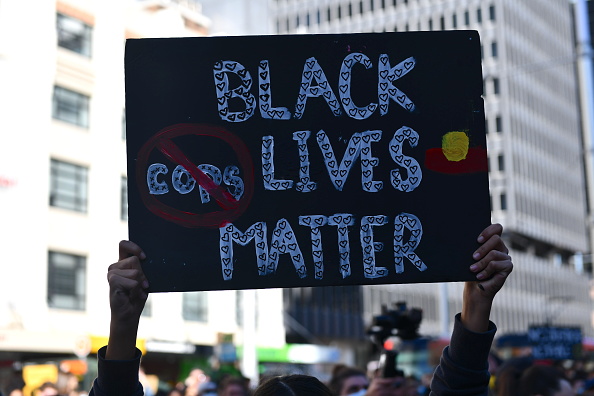The ACT has recorded one of the lowest averages of bias in a data analysis showing 75 per cent of the nation hold an unconscious negative bias towards Indigenous Australians.
The data analysis from the Australian National University (ANU) was taken from 11,099 Australian residents through an Implicit Association Test over a ten-year period.
The ACT came in as the second lowest after the Northern Territory, in the data analysed by Mr Siddharth Shirodkar who said the ACT was slightly below the national average.
“It’s an interesting result. We know for instance in the results it shows people that are more left leaning have a lower average level of bias,” he said.
“The ACT is often seen as left leaning on average but that is just a speculation.”
The data showed the unconscious bias toward Indigenous Australians was shown regardless of gender, age, ethnicity, occupation, religion, education level or geography.
Mr Shirodkar said there was no indication the average level of bias had decreased over the ten-year period.
“We didn’t see a decrease in the data itself. You can see spikes at times but there is no real downward movement,” he said.
“It averages around 0.3 consistently which is the mean over the ten years.”
The test was held on an ongoing public site and measured how subjects associated positive and negative words with Indigenous and Caucasian Australians.
About 17,000 Australian residents completed the test, but data was only taken from the 11,099 that had not previously taken an Implicit Association Test.
Mr Shirodkar described the results as “shocking but unsurprising”.
“It backs up a lot of what Indigenous Australians been saying for a long time,” he said.
“What the test is trying to pick up isn’t discrimination but the implicit bias which resides in all of us.
“There are people who are bias in the other direction, but 75 per cent have a bias towards Caucasian faces.”
The data was analysed from 2009 through to April 2019, with the Northern Territory also recording a lower than average bias.
Mr Shirodkar said while recent ‘Black Lives Matter’ protest movements may show a community turning point, he had not seen that reflected in the data.
“In the periods of social division like when Adam Goodes was being booed, I didn’t notice a change in implicit bias during that period,” he said.
“I would love to we are at a turning point; I hope we are, but I would like to see the data reflect that.”
For more stories like this:



